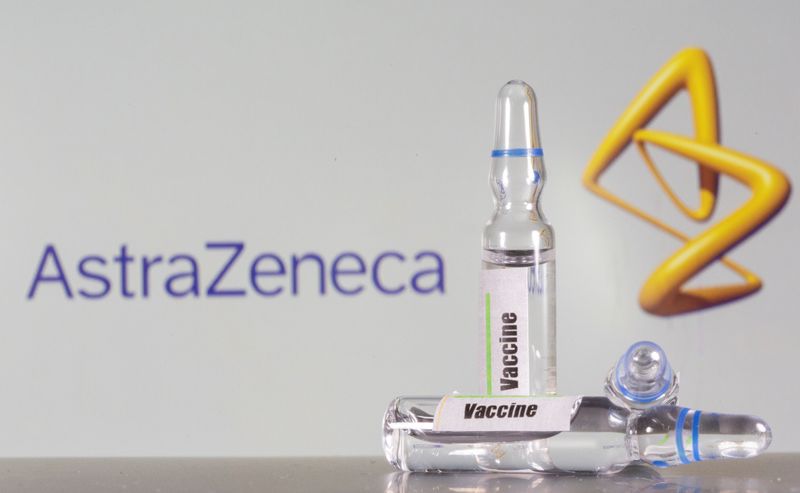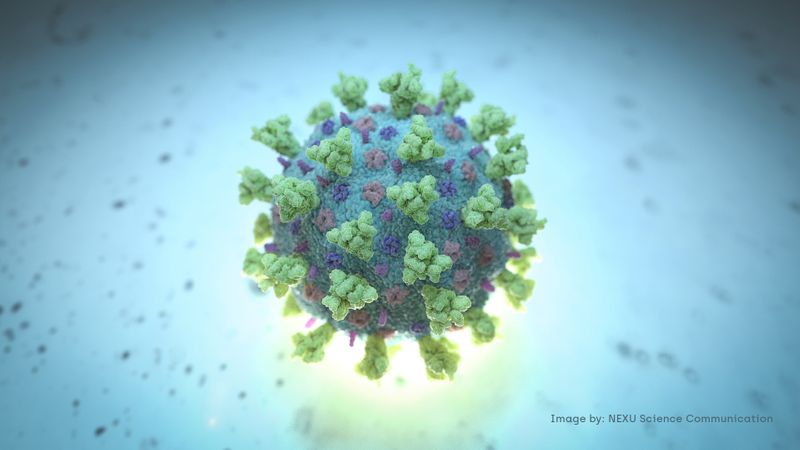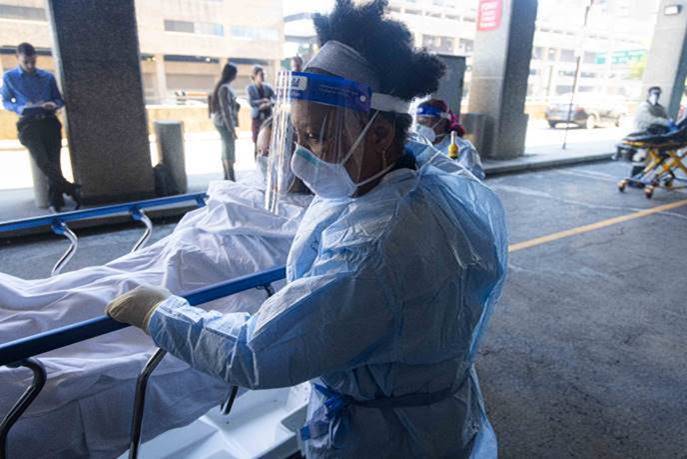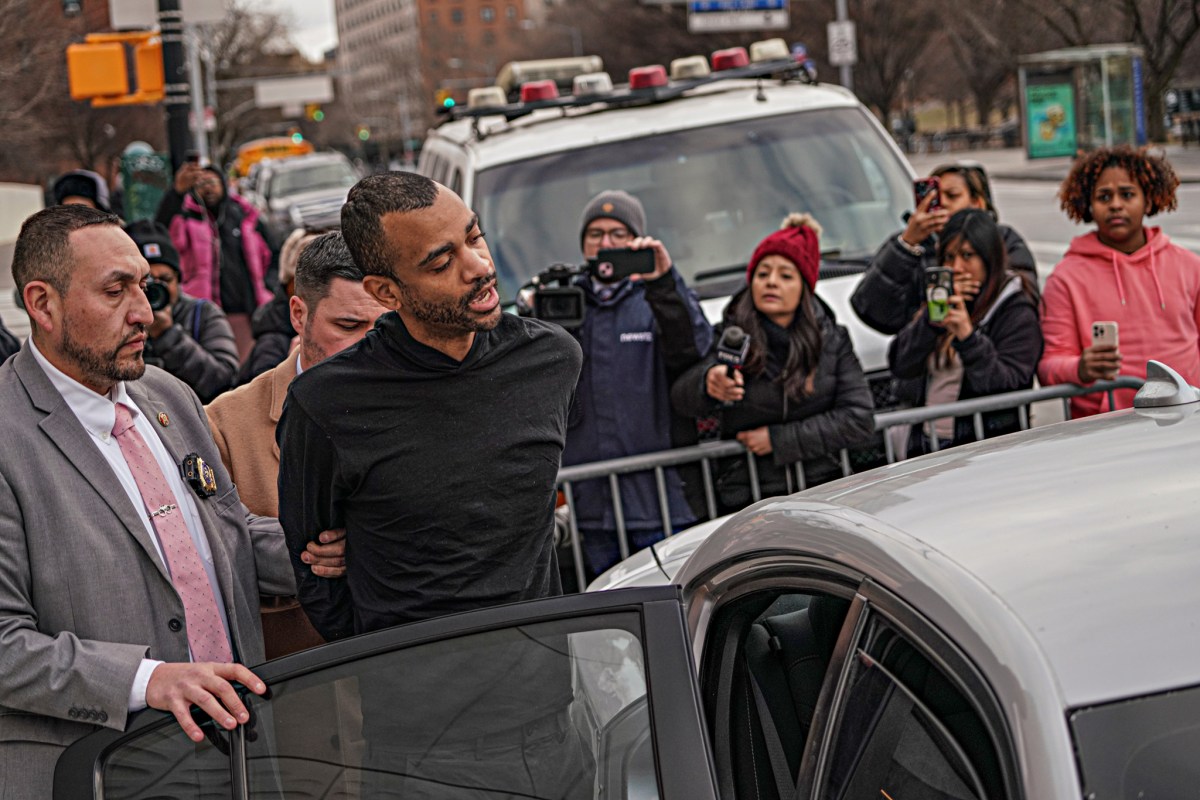(Reuters) – Here’s what you need to know about the coronavirus right now:
AstraZeneca awaiting patient diagnosis
Drugmaker AstraZeneca should still know before the end of the year whether its experimental vaccine protects people against COVID-19, chief executive Pascal Soriot said, as long as it can resume trials soon.
The British company suspended late-stage trials this week after an illness in a participant in Britain. The patient was reportedly suffering from symptoms associated with a rare spinal inflammatory disorder called transverse myelitis.
Soriot said during an online event that AstraZeneca did not yet know the diagnosis, adding that it was not clear if the volunteer had transverse myelitis and more tests were needed.
He said the diagnosis would be submitted to an independent safety committee and this would usually then tell the company whether trials can be resumed.
Indonesian doctors say health system is buckling
Doctors in Indonesia’s capital said on Thursday the pandemic is “not under control” with Jakarta intensive care units nearing full capacity and the city ordering new lockdown measures to stem a spike in infections.
Jakarta has recorded more than 1,000 new coronavirus cases on average each day this month, with the rising caseload placing considerable strain on hospitals.
The occupancy rate of isolation rooms at 67 coronavirus referral hospitals is currently at 77%, while the ICU occupancy is 83%, according to the Jakarta administration.
“It is like we have been running a marathon since March, we are exhausted,” said Erlina Burhan, a pulmonologist from Persahabatan Hospital, “This is not to be underestimated. The situation is not under control.”
Researchers design death risk tool
British scientists have developed a four-level scoring model for predicting the risk of death in patients hospitalised with COVID-19, saying it should help doctors quickly decide on the best care for each patient.
The tool, detailed in research published in the BMJ medical journal, helps doctors put patients into one of four COVID-19 risk groups – from low, to intermediate, high, or very high risk of death.
With hospitals around the world facing waves of COVID-19 patients, doctors have said they need quicker and more accurate prediction tools to swiftly identify those patients at highest risk of dying and help get them targeted treatment.
The new model – called the 4C (Coronavirus Clinical Characterisation Consortium) Mortality Score – uses data such as age, sex, underlying conditions, breathing and blood oxygen levels.
Tokyo lowers alert level as coronavirus fears ease
Tokyo’s government on Thursday dropped its coronavirus alert by one notch from the highest level as cases continue to trend down, opening the path for a loosening of restrictions on night-time activity.
The capital raised the alert to “red” in July on the advice of experts following a rise in infections. Tokyo’s daily cases have gradually declined since hitting a peak of 472 cases in early August, with 276 new cases reported on Thursday.
Separately, at a national level, a group of experts will convene on Friday to consider the easing of restrictions on large-scale events. That follows appeals from Japan’s top baseball and soccer leagues.
Speak softly and scatter fewer virus particles
More quiet zones in high-risk indoor spaces, such as hospitals and restaurants, could help to cut coronavirus contagion risks, researchers have said, after a study showed that lowering speaking volume can reduce the spread of the disease.
A reduction of 6 decibels in average speech levels can have the same effect as doubling a room’s ventilation, scientists said on Wednesday, in an advance copy of a paper detailing their study.
The World Health Organization changed its guidance in July to acknowledge the possibility of aerosol transmission, such as during choir practice, or in restaurants or fitness classes.
(Compiled by Linda Noakes; Editing by Frances Kerry)






















